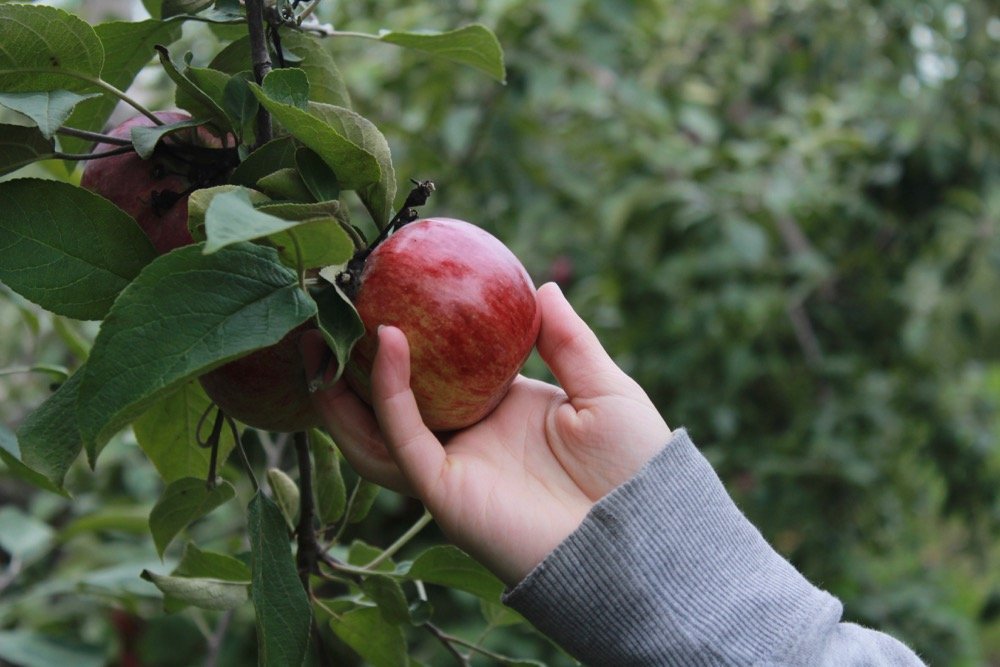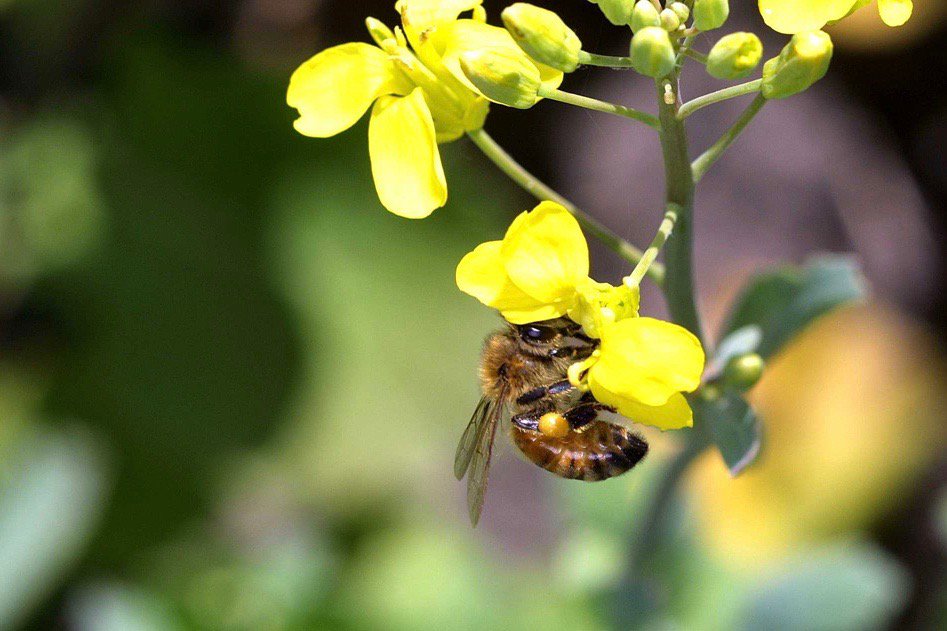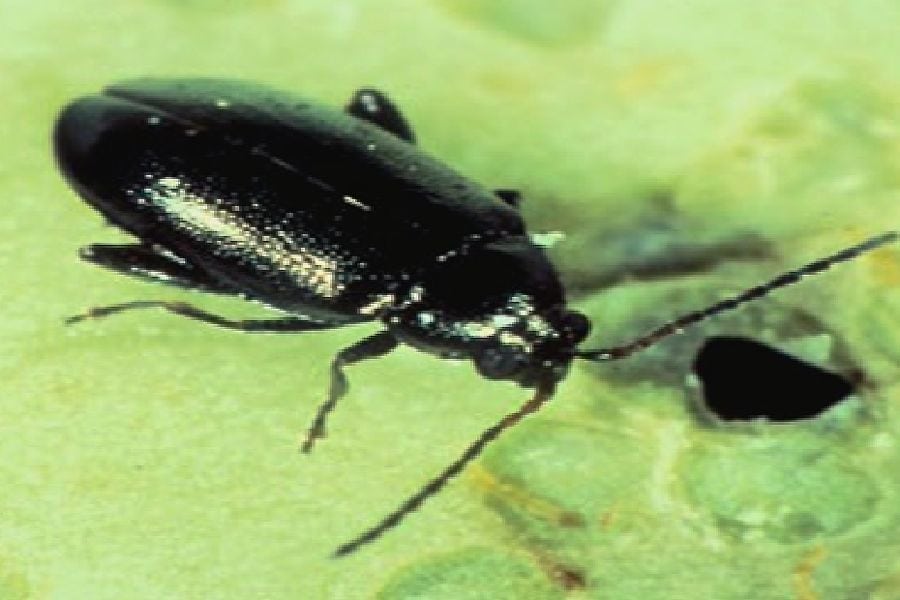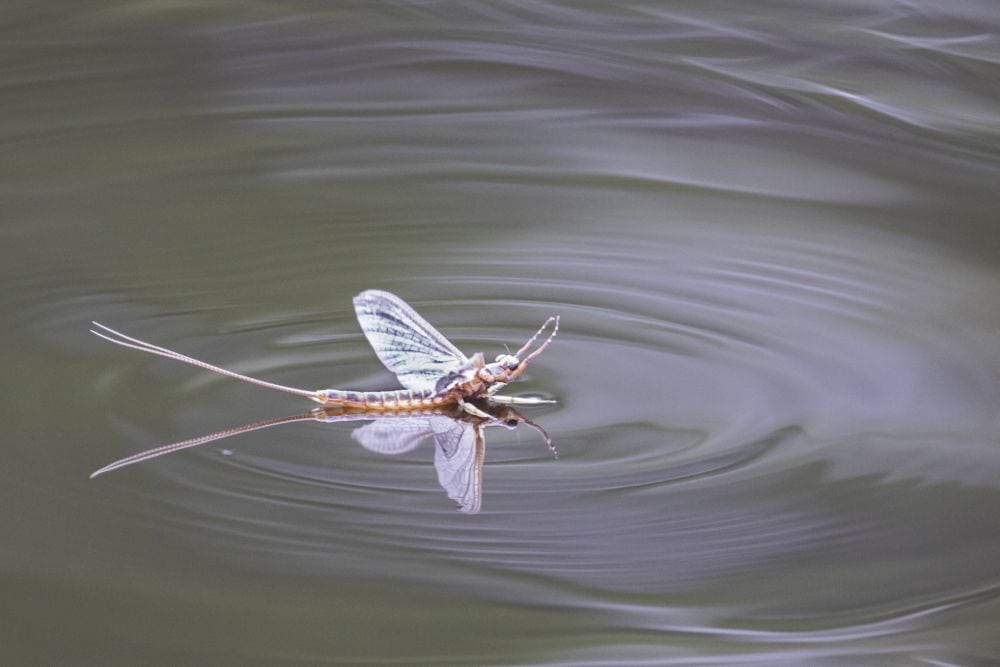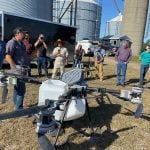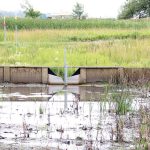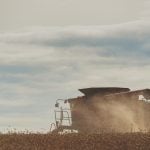Chicago | Reuters — Home improvement chain Lowe’s will stop selling a type of pesticide suspected of causing a decline in honeybee populations needed to pollinate key American crops, following a few U.S. retailers who took similar steps last year.
The pesticides known as neonicotinoids (neonics) are sold by agrichemical companies to boost yields of staple crops but are also used widely on annual and perennial plants used in lawns and gardens.
Scientists, consumer groups, beekeepers and others say bee deaths are linked to the neonic pesticides. The bee die-off is worrisome for agriculture because honeybees pollinate plants that produce about a fourth of the food consumed by Americans.
Read Also

Alberta Crop Report: Harvest reaches completion
Alberta’s harvest is virtually complete at 99.4 per cent finished, ahead of the five-year and 10-year averages at this time of the season.
Lowe’s said it will phase out neonics in shelf products and plants by the spring of 2019, as suitable alternatives become available.
A study by environment group Friends of the Earth and Pesticide Research Institute in 2014 showed that 51 per cent of garden plants purchased at Lowe’s, Home Depot and Walmart in 18 cities in the U.S. and Canada contained neonicotinoid pesticides at levels that could harm or even kill bees.
In 2014, the White House announced a plan to fund new honeybee habitats and to form a task force to study how to reverse the honeybee declines.
Last year, BJ’s Wholesale Club, a warehouse retailer, said it was asking all of its vendors to provide plants free of neonics by the end of 2014 or to label such products.
Home Depot, the largest U.S. home improvement chain, also asked its suppliers to start labeling any plants treated with neonics and that it was running tests in several states to see if suppliers can eliminate neonics in their plant production without hurting plant health.
— Reporting for Reuters by Nandita Bose in Chicago.




